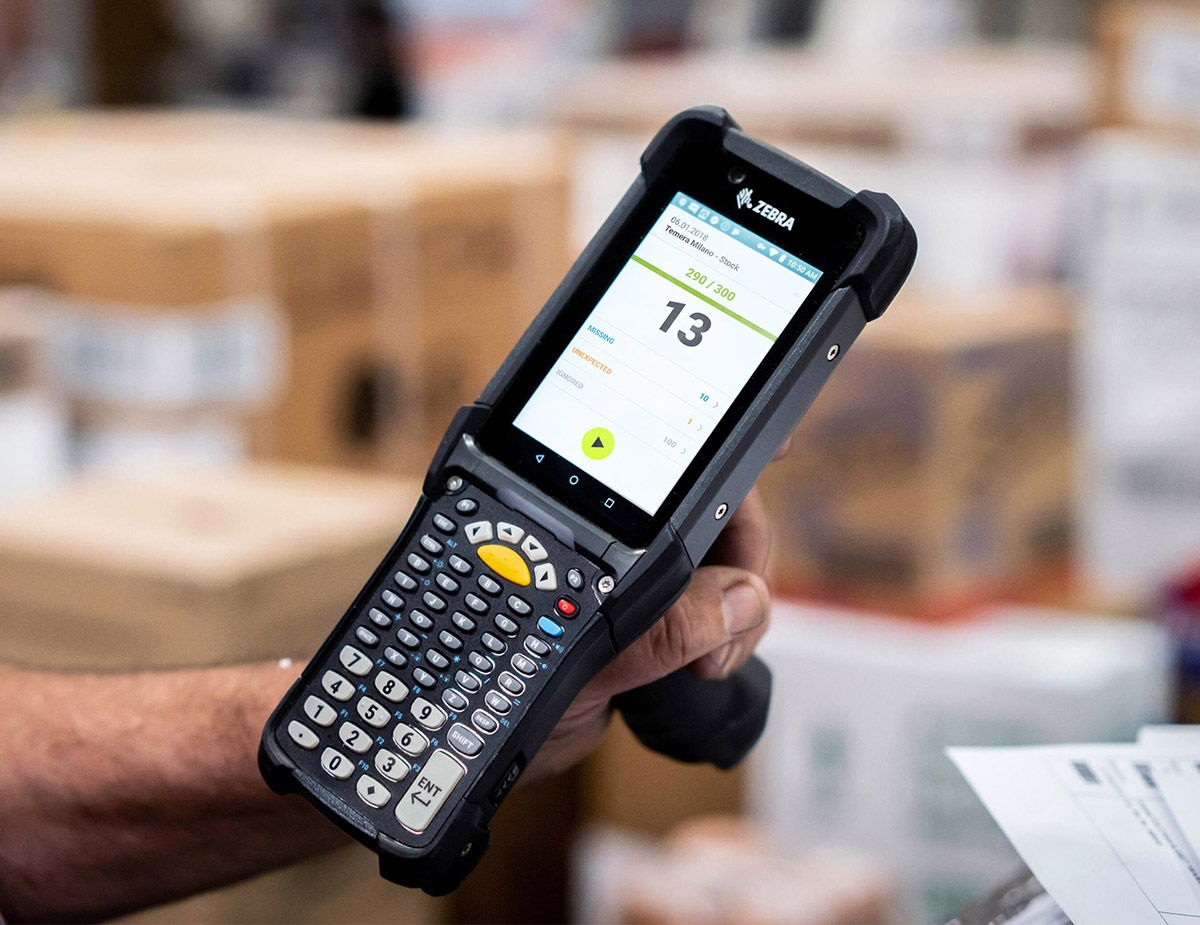In the world of logistics, as well as in general in the world of manufacturing, a global phenomenon is underway that is generating gigantic change.
This is the Industry 4.0 revolution, a transformation that is increasingly moving towards a complete digitization of business processes.
Solutions 4.0 are based on innovative technologies that allow you to make complex decisions in a very rapid world. Applied to the field of logistics we’re talking about Logistics 4.0.
Logistics 4.0 is the application of technologies related to Industry 4.0 to the supply chain world. Logistics 4.0, as such, allows you to obtain new storage, handling and transport systems where you can integrate and optimize the following 3 factors:
1) physical automation
2) connection
3) Decision-making process.
The advantages for the logistics sector are really huge. Let's think, for example, of an integrated communication amongst machines, information systems and objects.
An automatic communication between these three factors can guarantee better planning and management of freight reception activities and storage, thanks to an "automated" dialogue between factories and warehouses.
But not only, we’re thinking of the great advantages for the preparation of orders and shipments thanks to the interconnection between warehouses located in various locations and means of transport.
From the "2018 Research of the Contract Logistics Gino Marchet" Observatory, it emerged that the main benefits made by logistics solutions 4.0 have generated an improvement in the following areas:
- Productivity (48%);
- Visibility (37%);
- Traceability (27%);
- Security (23%);
Ricerca 2018 dell’Osservatorio Contract Logistics Gino Marchet
https://www.osservatori.net/it/ricerche/osservatori-attivi/contract-logistics-gino-marchet


